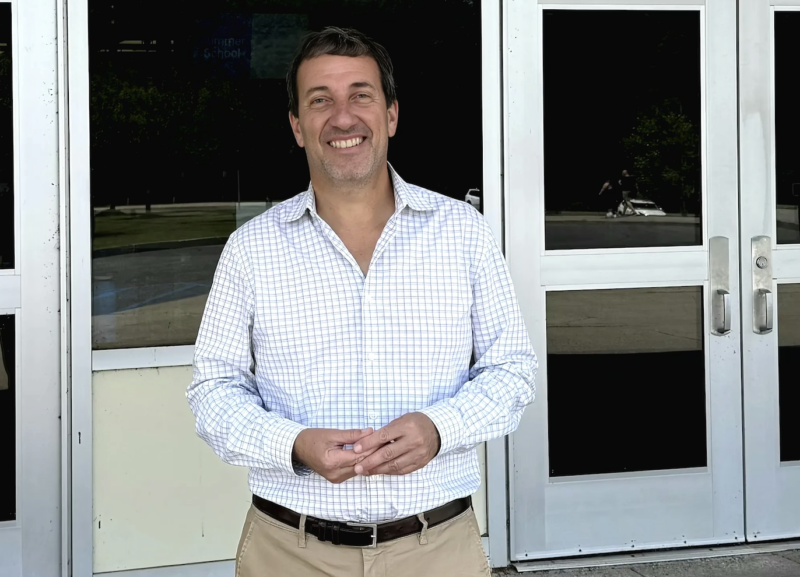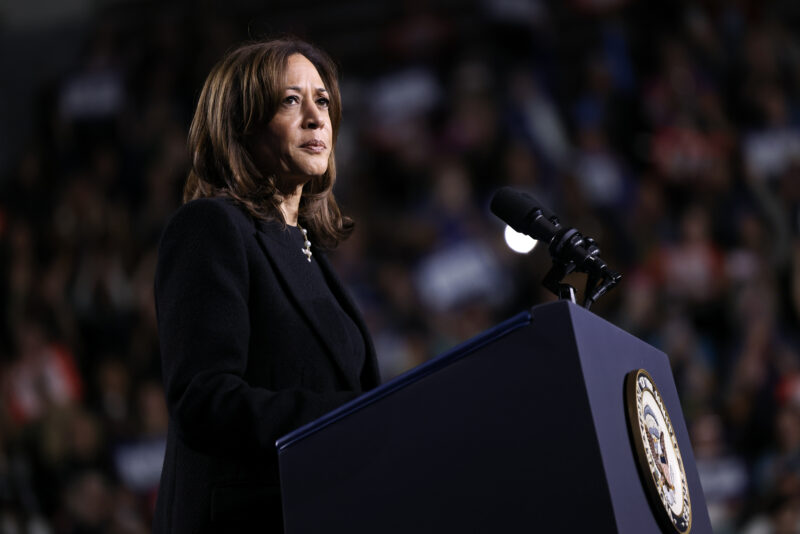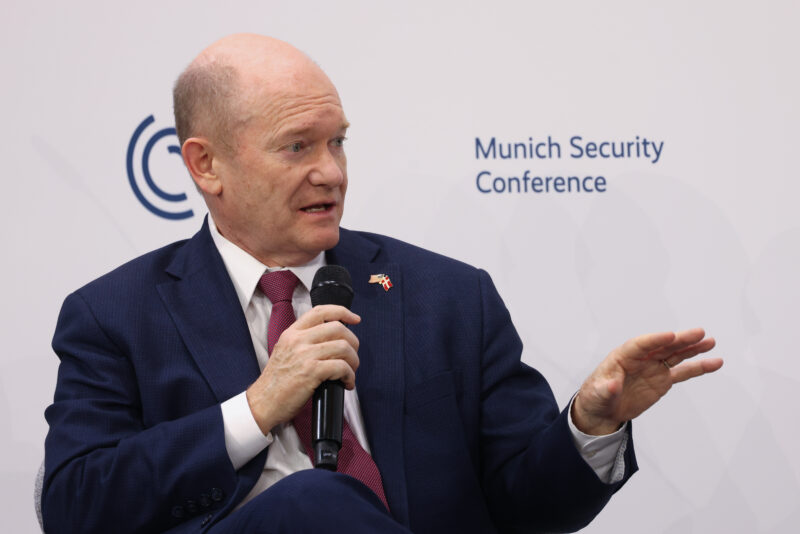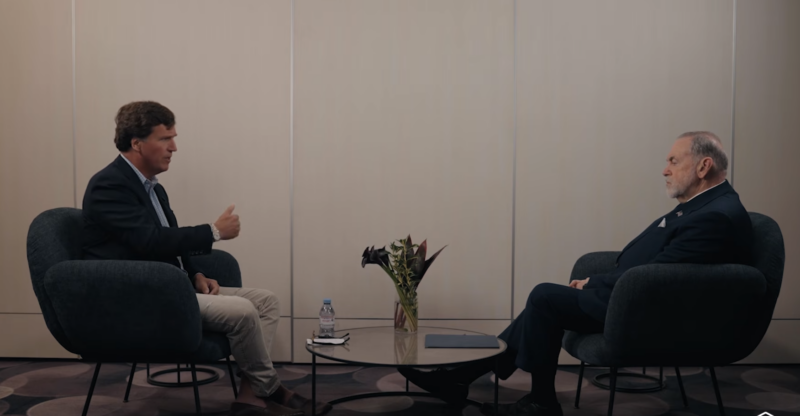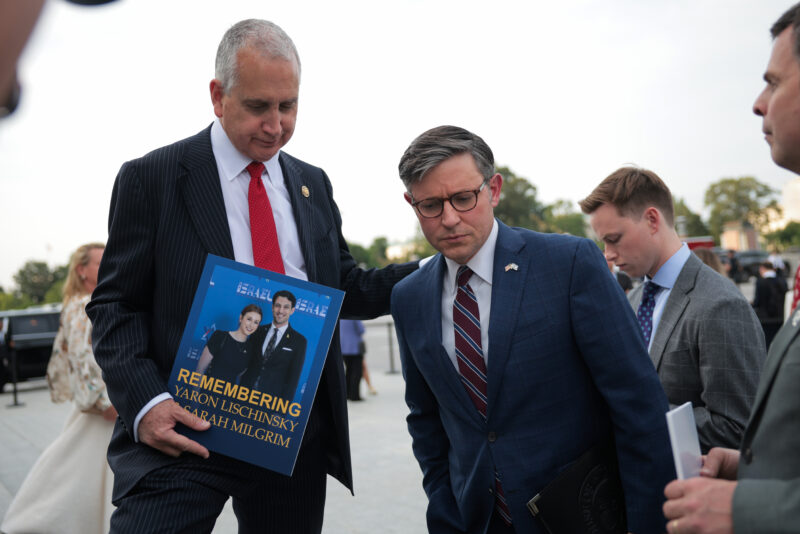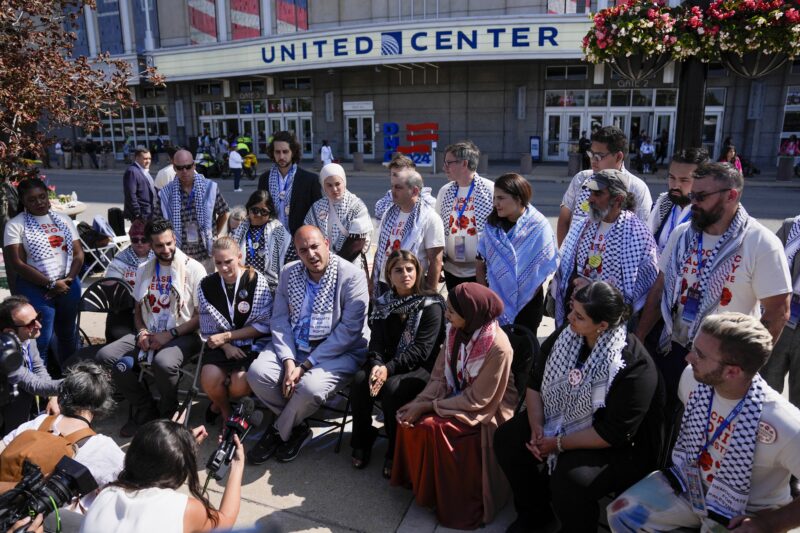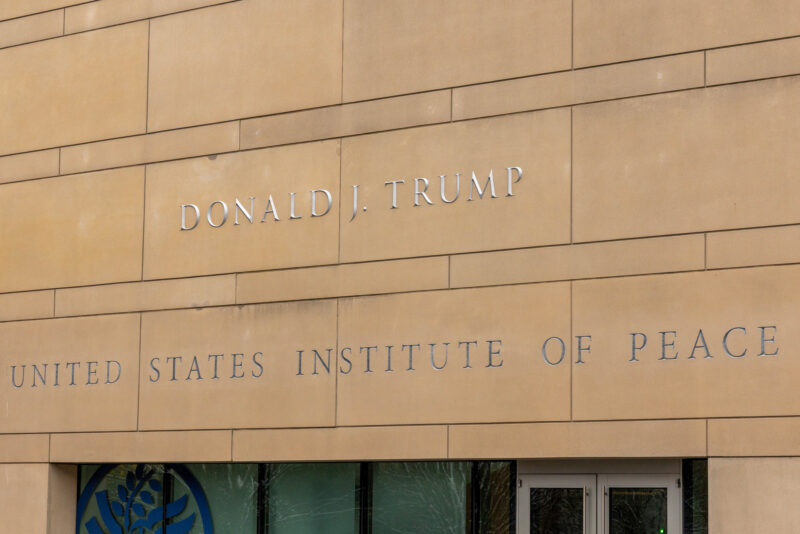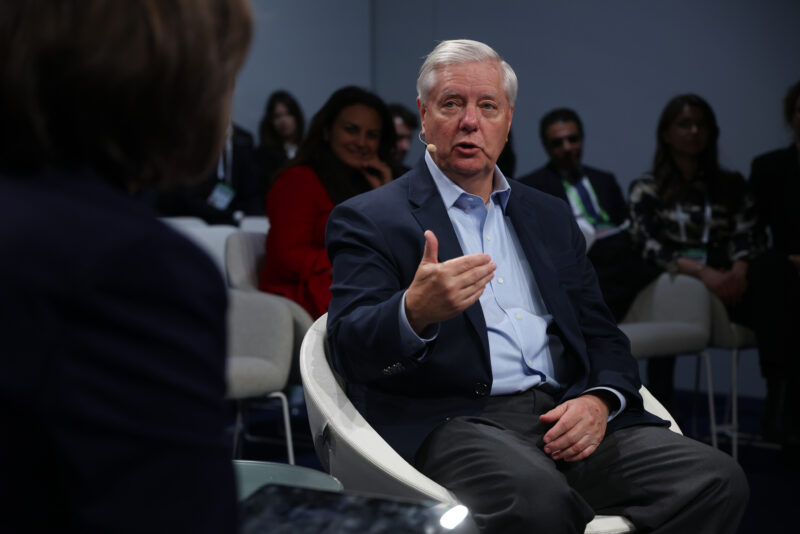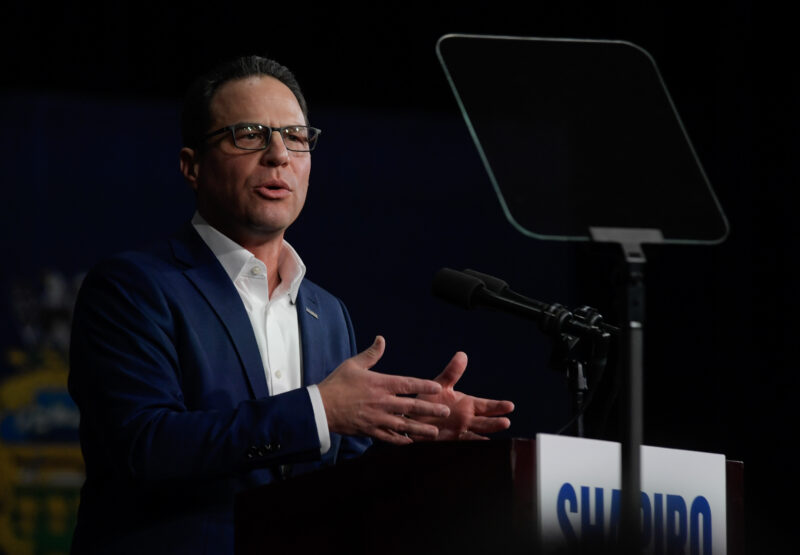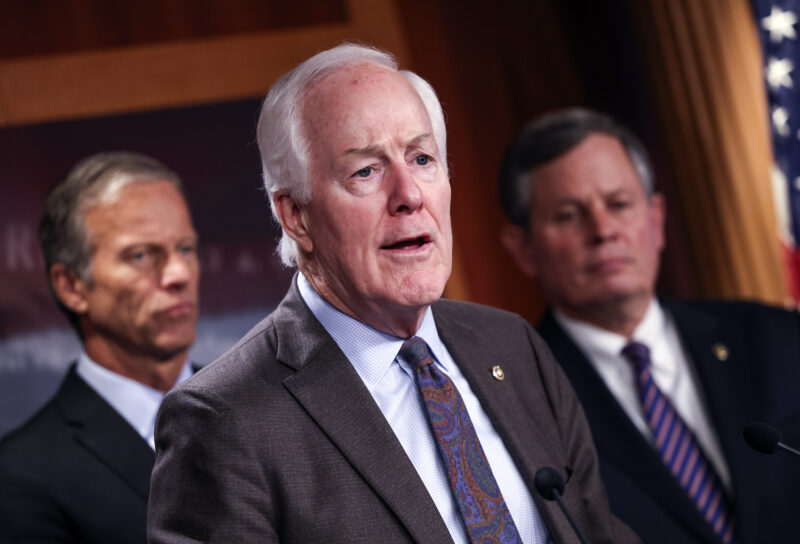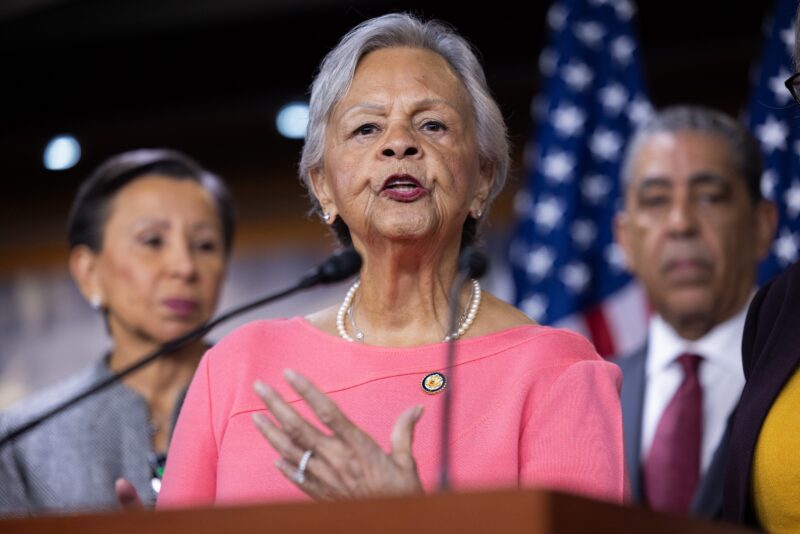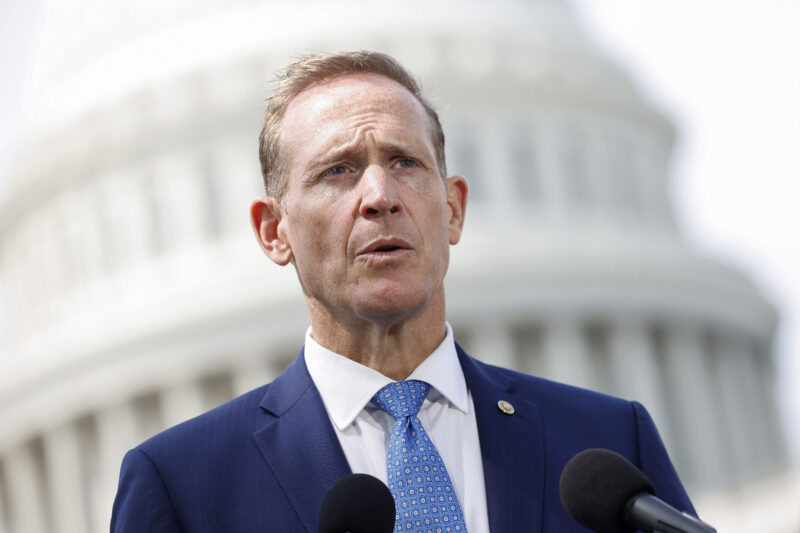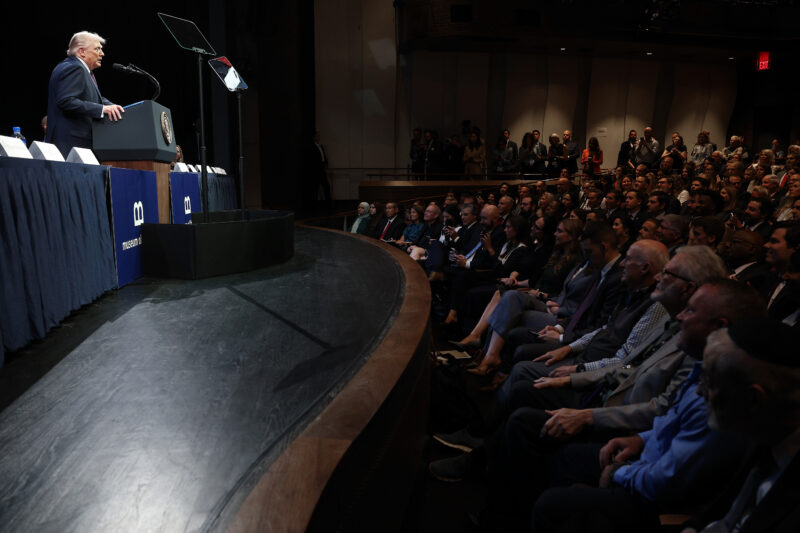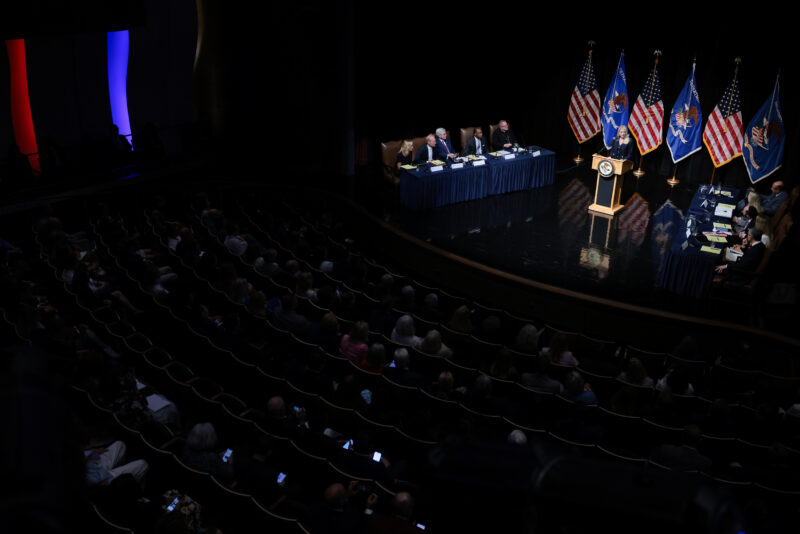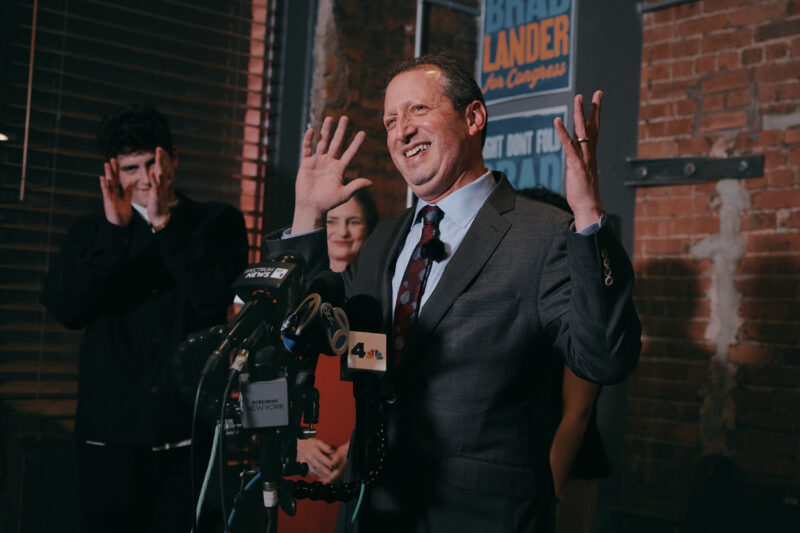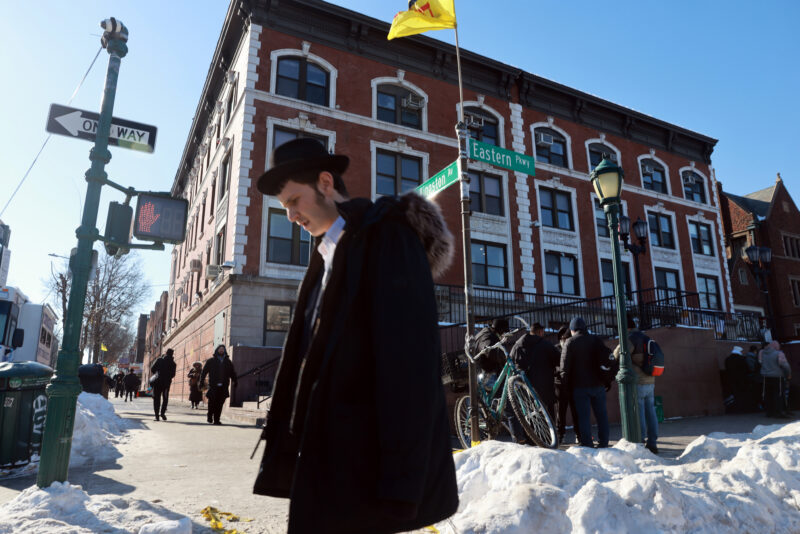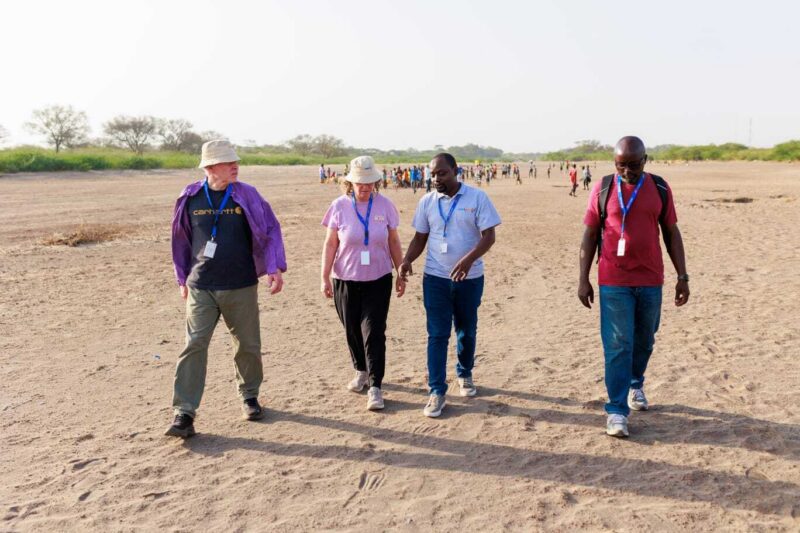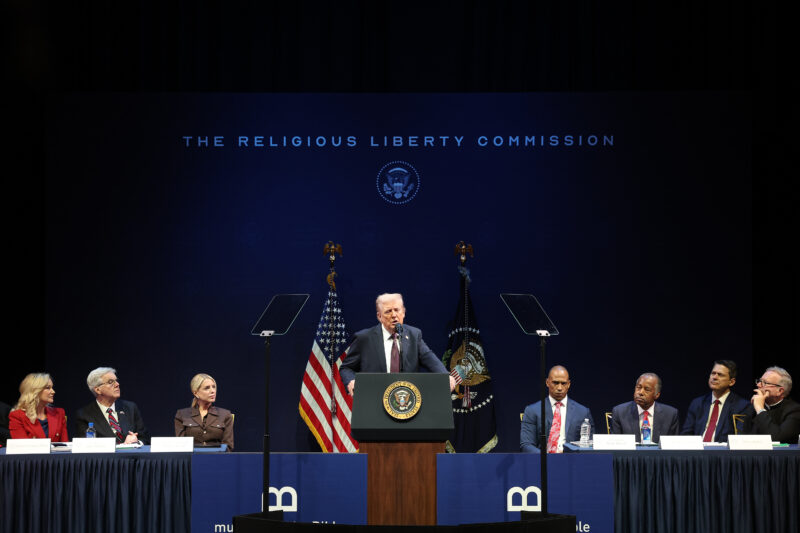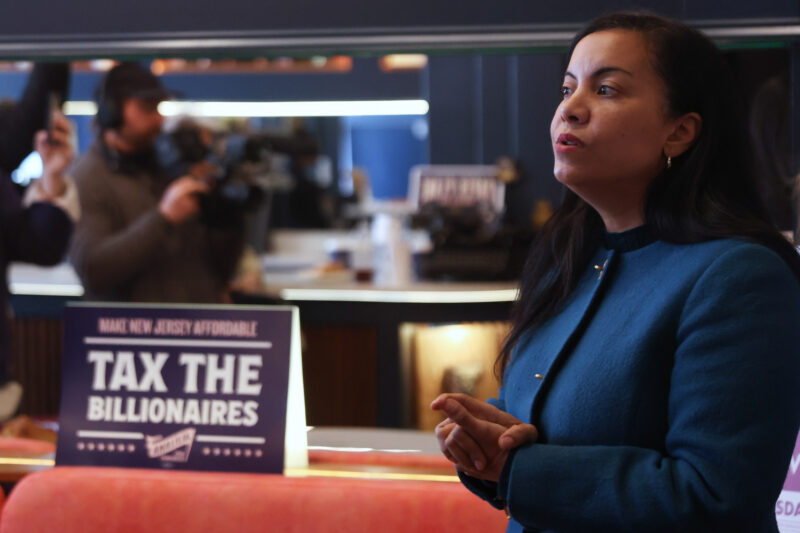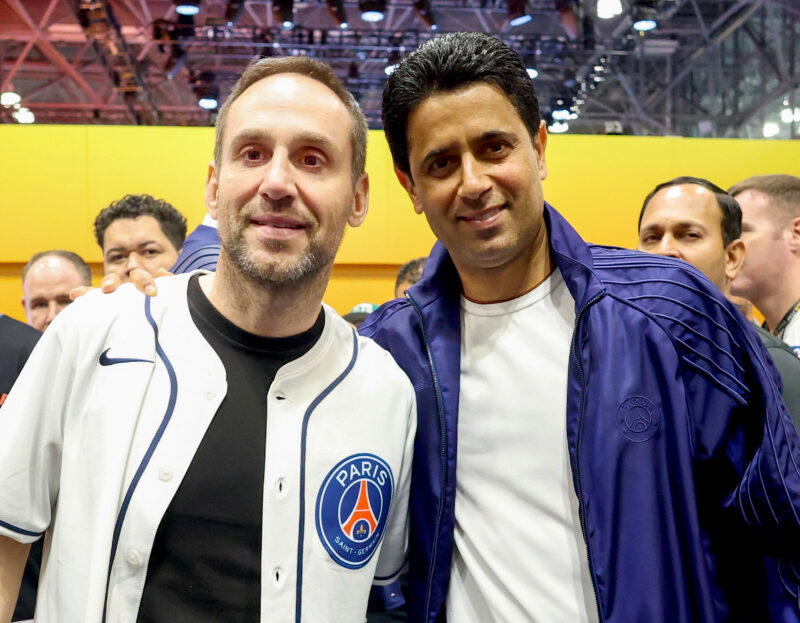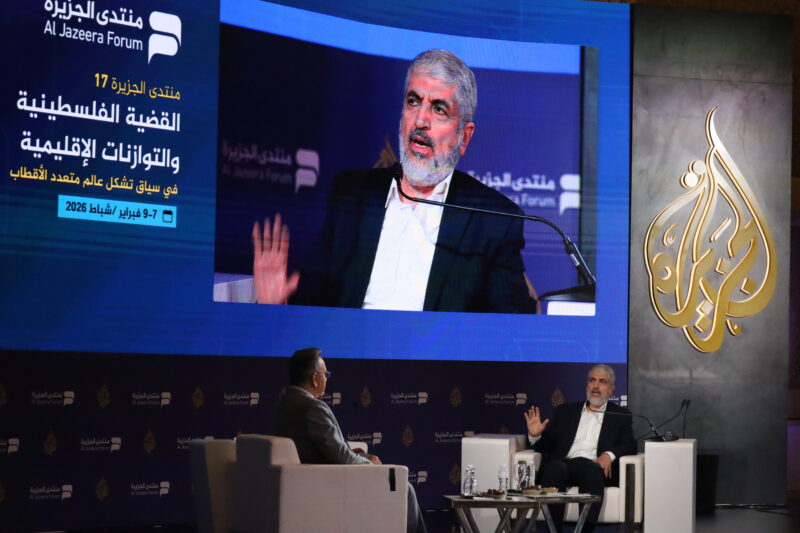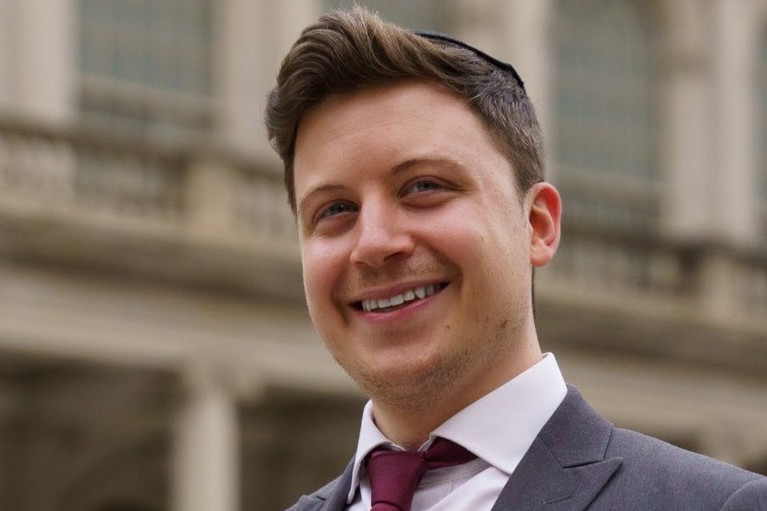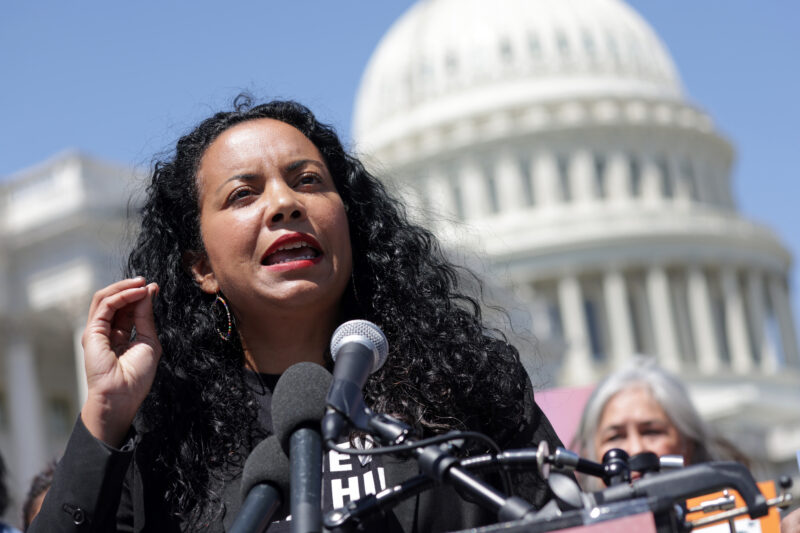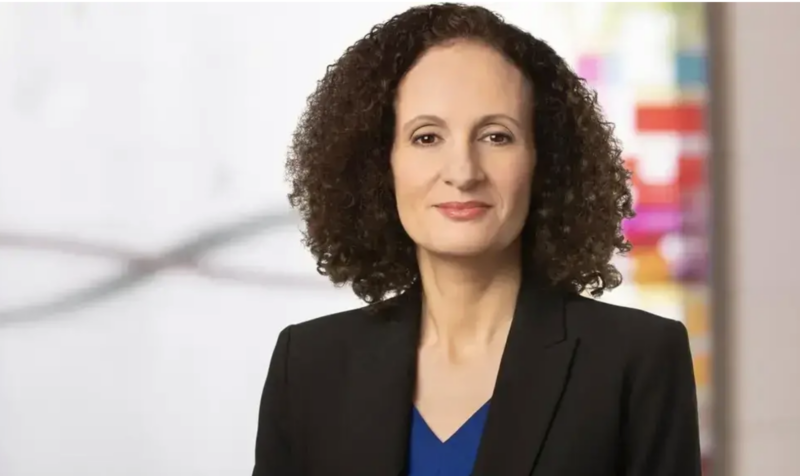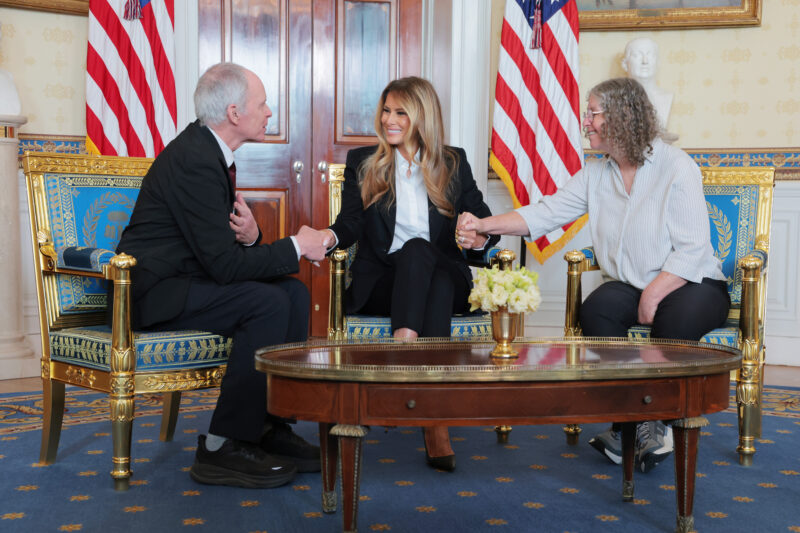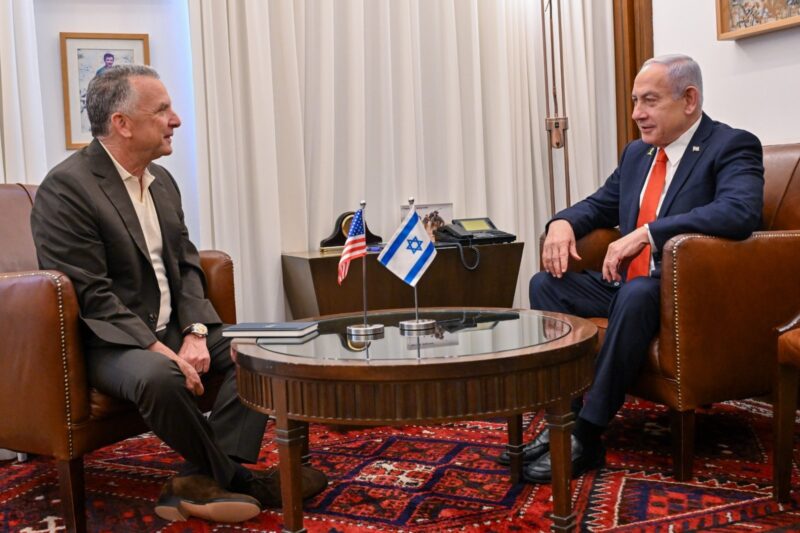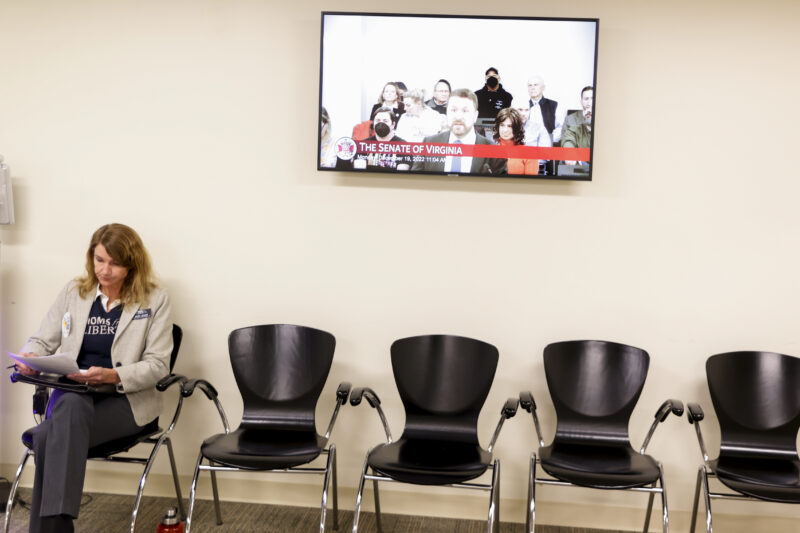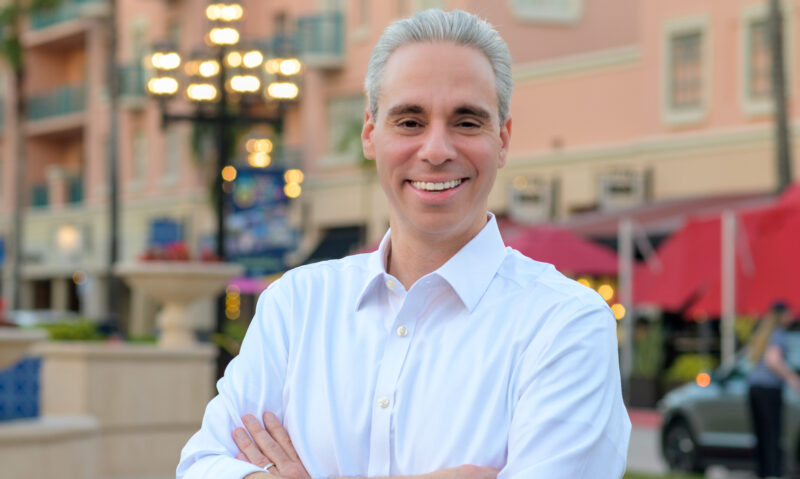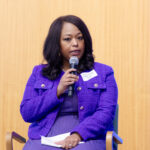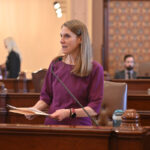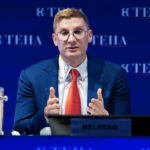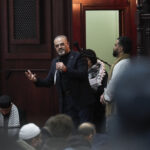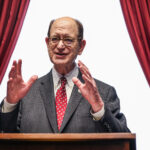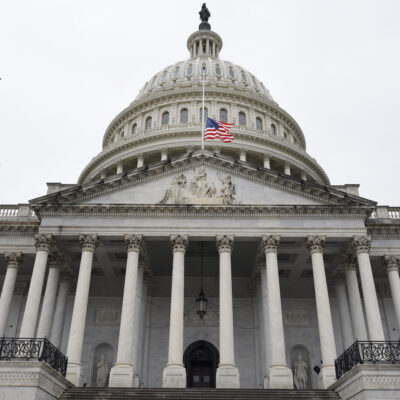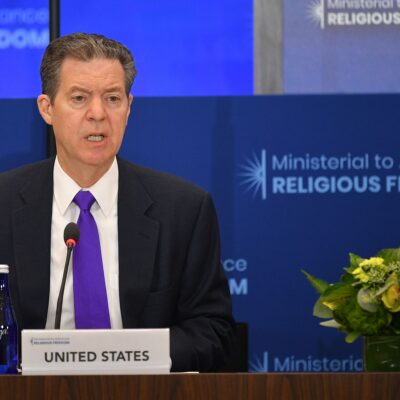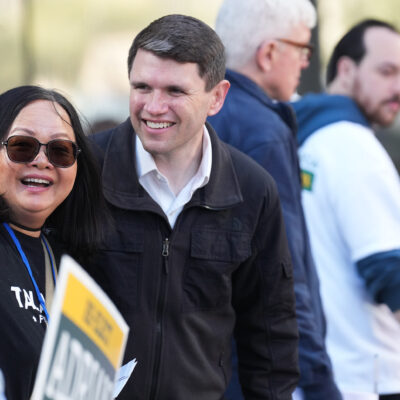Harvard ‘perfect example’ of pro-Palestinian activism, speakers argue at Arab Conference at Harvard
The gathering of 650 students, hosted in person for the first time since the pandemic, came months after a wave of anti-Israel activity at the Ivy League university

Eóin Noonan/Sportsfile for Web Summit via Getty Images
Linda Sarsour, Political Activist, & Co-founder of Until Freedom, at Future Societies Stage during day two of Web Summit 2021 at the Altice Arena in Lisbon, Portugal.
CAMBRIDGE, Mass. — At this weekend’s marquee Arab Conference at Harvard, students and panelists spoke — and at times argued vigorously — about topics including Middle East representation in the U.S. Census, the place of democracy in the Arab world and the importance of female representation in business and leadership.
But there’s “one issue that our people are united around,” former Women’s March leader Linda Sarsour said in a Sunday keynote address modeled on the popular TED Talk format, “which is Palestine.” The gathering of 650 students, hosted in-person for the first time since the COVID-19 pandemic, came months after a wave of anti-Israel activity at the Ivy League university.
“I’m not afraid of Zionists in America. I’m not afraid of people trying to silence me, because nothing that I experience here in the United States — not cancellation, not a headline in this country — is ever going to be anything compared to what our people experience under siege and under military occupation,” said Sarsour, who left the board of the Women’s March in 2019. She has long clashed with supporters of Israel, arguing in 2017 that there is no room for Zionists within feminism.
President Joe Biden’s presidential campaign disavowed Sarsour in 2020 after she spoke at an event alongside other Muslims who supported Biden’s candidacy. (Biden “obviously condemns her views and opposes BDS, as does the Democratic platform,” a spokesperson said at the time.)
“Whatever I say, this is just coming from the heart. And the reason why that’s dangerous — and, you know, the spaces I get invited to are quite limited,” Sarsour said with a laugh, “because, you know, one of the things about people who kind of speak off the cuff and speak from the heart is we’re going to tell you the truth.” Last year, the insurance giant Geico dropped Sarsour as a diversity speaker after backlash from pro-Israel activists.
Sarsour was one of several speakers and attendees at the three-day conference, which was organized by the Harvard Arab Alumni Association and sponsored by McKinsey and Co., to praise Harvard students for their pro-Palestinian activism and call for students to further support the boycott, divestment and sanctions (BDS) movement.
“When we’re talking about this youth movement for Palestine, Harvard is a perfect example,” Mohamad Habehh, director of development at American Muslims for Palestine, said in a Sunday session. Later in his address, he called Zionism “a very stupid ideology” and pledged to “end U.S. support for Israel.” Habehh said that American Muslims for Palestine would be meeting this week with officials at the State Department to urge them to deny Israeli Finance Minister Bezalel Smotrich a visa into the U.S. due to recent comments he made calling for Israel to “erase” a Palestinian village. (A State Department spokesperson declined to comment when asked about this meeting, and last week the department’s top spokesperson, Ned Price, said he would not discuss “individual visa records.”)
Last year, the Harvard Crimson student newspaper endorsed BDS, reversing a stance the editorial board took two years prior. Natalie Kahn, a Harvard College student who was at the time an associate news editor at the Crimson and the president of Harvard Hillel, wrote in response that the editorial was “part of a larger trend of singling out Jews, conveniently neglecting our half of the story — and by extension our right to self-determination — while claiming to ‘oppose antisemitism.’”
In January, the dean of the Harvard Kennedy School announced the school would appoint former Human Rights Watch head Ken Roth as a fellow, backtracking on his initial decision not to hire Roth because of his hostility toward Israel.
Speaking at the conference on a panel about Middle Eastern representation in the 2030 Census, Rep. Rashida Tlaib (D-MI) urged students to fight back against what she called “the intimidation, the bullying, the targeting to silence you” from pro-Israel students. “Everybody wants to silence me. But I know, whoever comes after me, I’ve knocked at least a couple doors down,” Tlaib continued, so that another student “can come in, she can say ‘apartheid.’”
The theme of the conference was “Leaps of Faith: Reimagining Change.” Other programs included a career networking fair and musical performances.
Please log in if you already have a subscription, or subscribe to access the latest updates.





